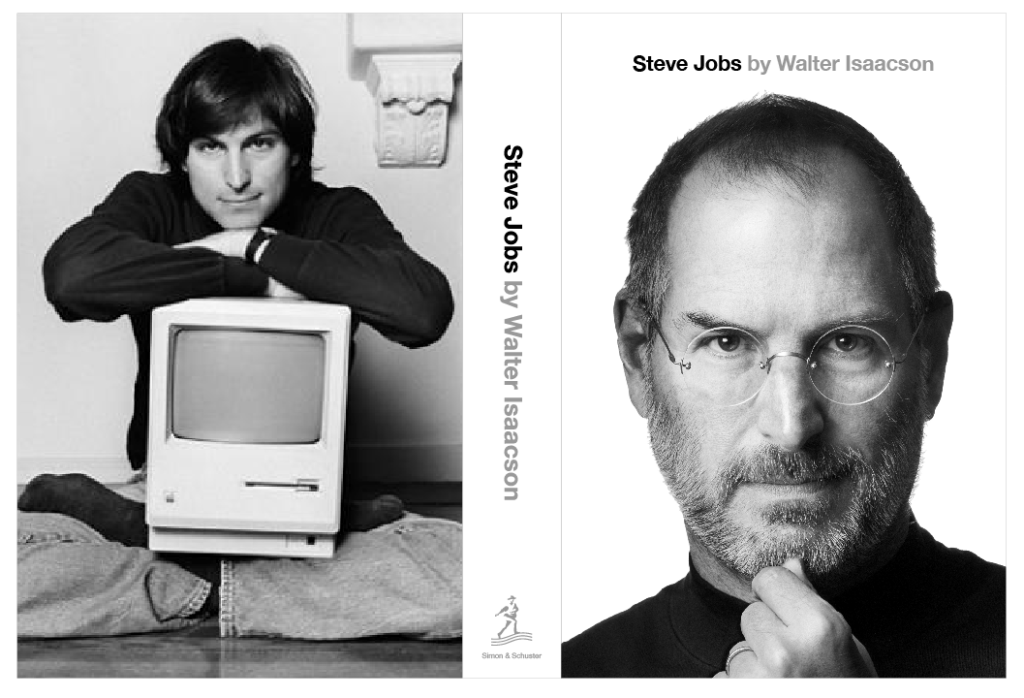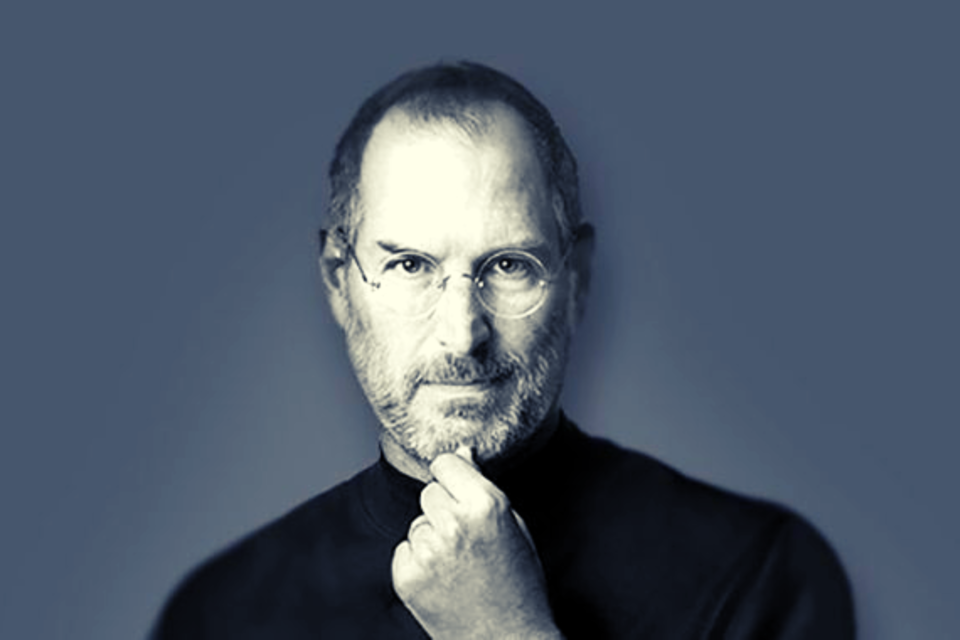Steve Jobs is a legend and idol in the worlds of business, technology, and entrepreneurship for a reason. He founded some of the most groundbreaking companies of our time, including Pixar Animation Studios, NeXT, and Apple Inc., the world’s most valuable company. And he achieved it all without having the greatest money, contacts, or even intelligence at the outset (Jobs co-founded Apple in his parents’ garage in 1976).
How did he make it possible?

Jobs possessed a set of personality traits and success habits that stood out, moved him forward, and ultimately assisted him in achieving incredible career success. While you are your own person and your business journey will not be the same as his, you can undoubtedly learn a thing or two from Jobs’ groundbreaking approaches to developing successful firms.
Jobs’ distinguishing characteristics, such as his rough edges in personality, set him apart from other business owners. His distinguishing characteristics are noteworthy because they contributed to his achievement.
- Unimaginable self belief and Sincerity
Many entrepreneurs dream of developing a business that expands and acquires a significant market share from competitors. And it’s a fantastic vision. Steve Jobs, on the other hand, went much further. He envisioned his company not merely stealing market share from competitors, but also transforming the way people work, interact, and live their lives through its goods and services. He was such a firm believer in the power of Apple’s products and services that he developed them with the expectation that they would transform the world.
- Steve Jobs was uncompromising in his commitment to products over money
While many entrepreneurs today are more concerned with increasing profits, Jobs was more concerned with providing excellent products and services. His Zen training had honed his laser-like focus on products before profits, and it was ingrained in his personality—to the point where family members, friends, and coworkers would get frustrated trying to get him to deal with other issues, such as a medical diagnosis or a legal problem they thought was important.

- Steve Jobs was obsessed with perfection in design
Jobs honed his skills in the field of design, becoming a master of the concept of inventive and interactive design. He was adamant that his company’s designs be flawless. He was a firm believer in the importance of design in the development of next-generation products that people adore. As a result, he drove his company and staff to their limits while miraculously avoiding going over the brink.
Walter Isaacson, the author of Steve Jobs’ biography, claims to have questioned the Apple CEO about his inclination to be harsh with others. “Take a look at the numbers,” Jobs said. “These are all smart people I work with, and if they were actually feeling brutalised, any of them could get a top job somewhere else.” They don’t, however.
“Then he hesitated for a few seconds and continued, almost regretfully, “And we accomplished some incredible things.”
Jobs’ unwavering passion for flawless design was at the heart of how he established his companies. This zeal blossomed into Apple’s distinct brand and gave the business a competitive advantage over competitors.
- Steve Jobs had a flair for the graceful and a strong affection for simplicity
“Simplicity is the highest sophistication,” Leonardo da Vinci famously observed. It appears that no one in the tech world took Jobs’ comments as seriously as he did. As a college dropout, Jobs learned to appreciate simplicity while working the night shift at Atari. Atari’s games had no manuals and were supposed to be simple enough for a “stoned freshman” to figure out. “1. Insert quarter,” for example, were the only instructions for its Star Trek game. 2. Stay away from Klingons.”
Jobs’ admiration for simplicity in design evolved after he attended design conferences at the Aspen Institute in the late 1970s, which emphasized the importance of efficient design free of frills and distractions. Jobs felt driven to simplify when he was given a confusing set of planned navigation menus for iDVD, which allowed users to burn video onto a disc. According to Isaacson, Jobs immediately sprang up and drew a basic rectangle on a whiteboard. He said, “Here’s the updated application.” “It only has one window.” Your video is dragged into the window. After that, you press the ‘Burn’ button. That is all there is to it. That’s exactly what we’re going to do.”
- When it came to expanding and growing Apple, Jobs was incredibly passionate and courageous.
Jobs was zealous and daring in his pursuit of exploitable opportunities and industries ripe for disruption. Many of his actions and attempts to grow Apple and its products were contentious, and they put the company’s future at peril. It was his daring, risk-taking, go-getter attitude that got him fired from Apple, a company he’d created, and then rehired when the company struggled after he’d left.
Jobs was always interested in finding out who was creating things that were more sophisticated than they needed to be. Portable music players and feasible internet ways to obtain tunes fit that description in 2001, resulting in the iPod and the iTunes Store. Then came cell phones.

At a meeting, Jobs would take out his phone and dramatically rage about how no one could possibly figure out how to use half of the capabilities, including the address book. Then he’d insist on a simpler, more capable smart phone from the folks he worked with.
He made it clear why you needed Apple’s products or services, whether you were an existing or potential customer. He was the consummate salesman and a true consumer advocate. What an unique combination of qualities to have as an entrepreneur.




